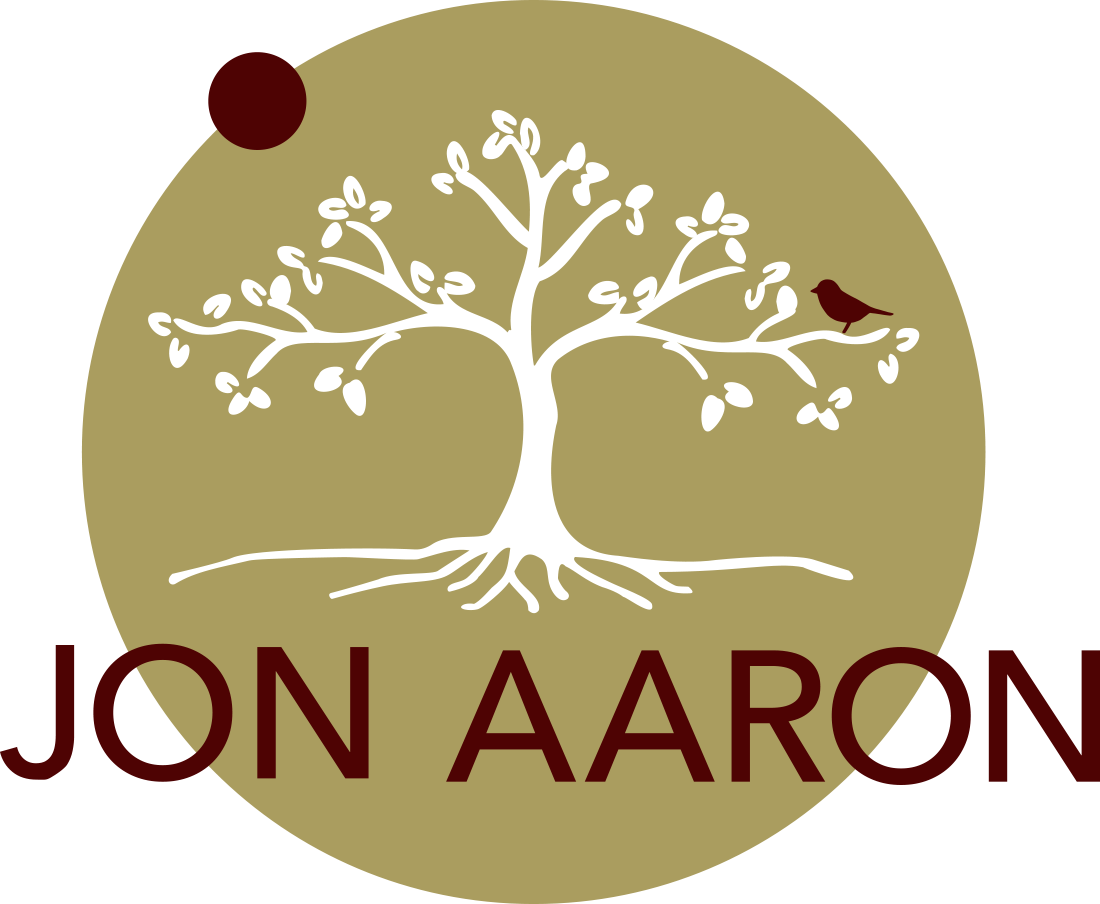Clear Seeing!
. . we die to each other daily. What we know of other people Is only our memory of the moments during which we knew them. And they have changed since then. To pretend that they and we are the same Is a useful and convenient social convention Which must sometimes be broken We must also remember that at every meeting we are meeting a stranger.
T.S. Elliot, from The Cocktail Party.
A couple of weeks ago I had the cataract removed from my right eye. Of course, what actually happens is the lens is removed along with the cataract, and a new one is inserted in its place. It sounds so simple—and it is. At the same time, it's somewhat miraculous, even though it's a routine procedure.
Just before the surgery, my doctor wanted to confirm what I wanted my new lens to be optimized for—distance or reading. Another miracle of choice. I opted for the "middle way," a bit of each. So now, as I write this about two feet from my eyes, I don't need reading glasses, though they do help. Of course, my left eye is still wearing a contact lens and isn't so bad. But that will be operated on in a month, so then I'll have to make the same choice.
Now I wake up in the morning, and the world is in focus. Having worn glasses since I was probably 9 or 10, that is a new experience. And it truly is seeing with "new eyes."
But just because the world is in focus visually doesn't mean it's truly in focus. It's wonderful to have my sight unimpeded by glasses or contacts, but there is still the impediment of perception—that is, the perception of the mind. In a quote often attributed (inaccurately) to Anaïs Nin, we don't see things as they are; we see things as we are. So while I may be seeing things in a visual way more clearly, as often as not, I'm seeing things through my own perceptions, as we all do. It's the nature of being human. This mind perceives, and from those perceptions arise thoughts, emotions, and actions.
This brings me to the teaching of the Buddha on the Five Aggregates of Clinging. We cling to our perceptions of whatever comes through the sense doors. Until we see this clearly, the potential for suffering is always present. We cling to our perceptions and, of course, we cling to all the thoughts and actions arising from those perceptions, and this creates the sense of self that we also cling to. This is a big and important teaching, which I won't go into here. But the Buddha put it all very concisely in this teaching to Bahiya: "In the seen is only the seeing." This is seeing with the Dharma Eye!
So yes, I can see more clearly now when I wake up, but it is my meditation practice and the practice of mindfulness that holds the potential to see beyond my perceptions and all that those perceptions create. This can be easy to understand on a conceptual level, but it is in the experience and the eventual embodiment that true insight arises. We all have these experiences of clarity, and part of our practice is recognizing when they arise. It is then that we are truly seeing with new eyes.
